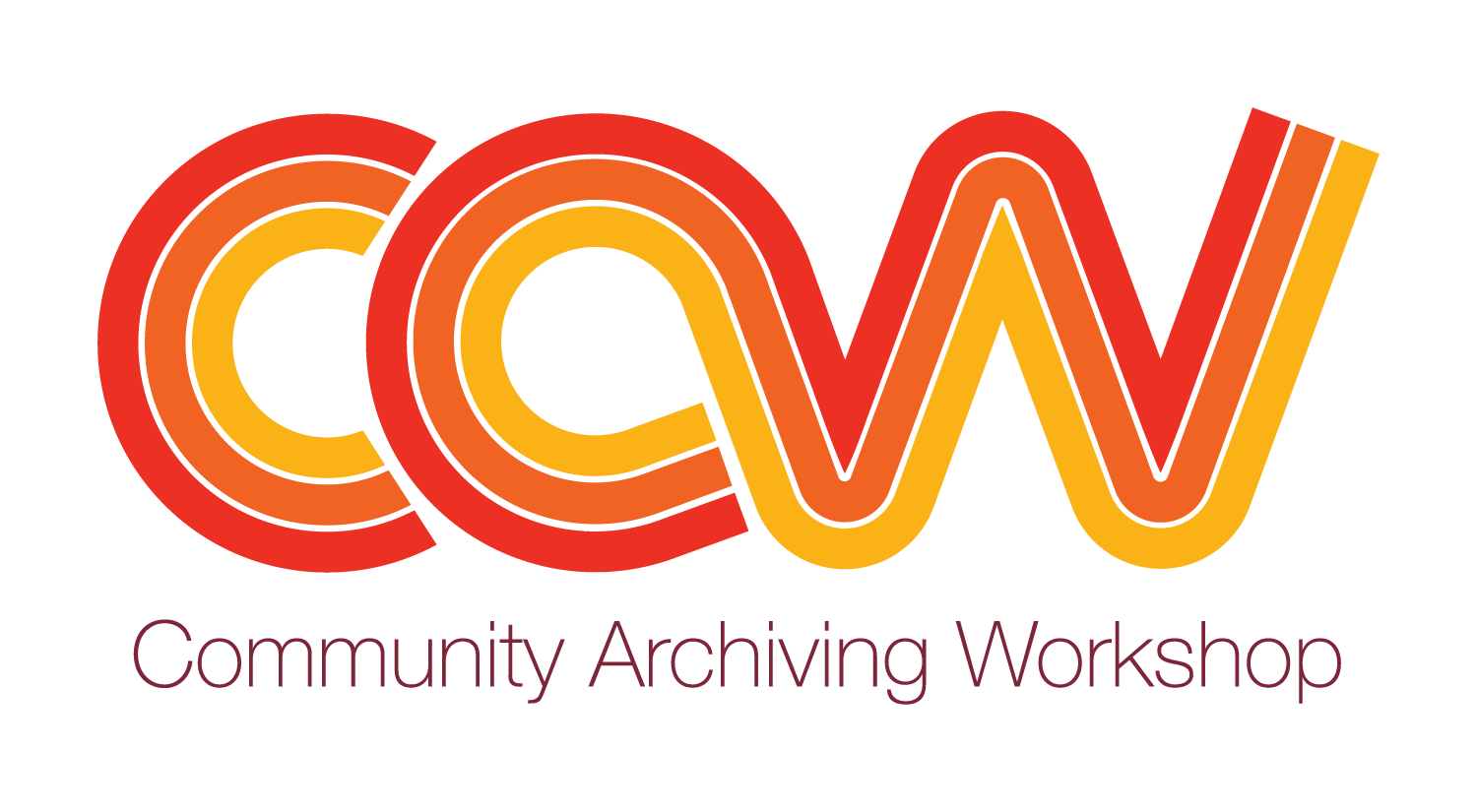Browse Projects
Community Archiving Workshop (CAW) Handbook
The handbook is a step-by-step guide for organizing a Community Archiving Workshop. The goal of these workshops is to help an organization jump-start the preservation of an audiovisual collection—film, video, or audio. We hope this handbook will empower you to hold a workshop in your community.
Training of Trainers Toolkit (TOT)
The Training of Trainers (TOT) project produced a series of regional workshops that addressed the problem of obsolescence in audiovisual collections. The purpose of the TOT toolkit is to promote regional networks and facilitate skill sharing for community archiving workshops everywhere. Explore the documentation and resources within and across different regions and start planning a CAW in your community!
Training of Trainers Toolkit (TOT) Curriculum
The TOT Curriculum was created by Mona Jimenez and Marie Lascu in 2022. It is designed on a chronological model from the earliest stages of planning – such as the recruitment of partners and partner negotiations – through to the CAW and post-CAW follow-up. It is adapted in large part on a TOT designed and delivered for staff from the Robert F. Smith Center of the National Museum of African American History and Culture (NMAAHC) held in 2021. The authors also owe a huge debt to curricula and website resources created by the CAW Committee, in particular the CAW Handbook, core resources like AV Basics, and materials generated from TOTs carried out in California, the Southeast, and the Midwest. A number of sessions were drawn directly from the California TOT curriculum.
Workshops
Since 2010, CAW model has inspired workshops all over the world. Workshops past, present and future are all unique and form the foundation of every project and partnership that continues to enrich CAW’s mission.
Community AV Archiving Fairs
The Community AV Archiving Fair (AV Fair) is an extension to the traditional Community Archiving Workshop, more suitable for a wider and larger public audience. It provides a space for local independent media makers, collecting institutions, and community groups to bring their challenges, media objects, and data for a day of collaborative problem solving and skill-sharing with members of the Association of Moving Image Archivists (AMIA) and/or local audiovisual archivist in the community. The AV Fair is organized around a number of stations, each staffed by audiovisual archivists. They focus on a particular workflow, technique, or tool.
Regional Networks
Regional networks establish an expanded training model for regional coalitions throughout the United States and beyond. Through CAWs, TOT curriculum, and resource sharing community anchors foster partnerships with small community-based organizations and serve as hubs for local AV preservation efforts. The increase visibility and access to regional collections ensures that these collections remain as a resource to the community from which they originated.
Tribal Archives
Tribal Archives project brings workshops directly to tribal archivists and collections, which are often geographically isolated. In partnership with the Association of Tribal Archives, Libraries and Museums (ATALM), The multi-dimensional approach of providing resources, training, and equipment allows long-term, regionally-based solutions to addressing the specialized audiovisual preservation needs of tribal cultural institutions. Five regional hubs will be equipped with film inspection kits and digitization kits for use by area tribal institutions.
La Lotería
Download and play La Lotería Audiovisual! This version of the classic Mexican game contains 54 essential audiovisual archiving terms accompanied by original illustrations by Mexican-born filmmaker and artist, Azucena Losana. It can be used as a game, an archival teaching tool, a language teaching tool, or all three.
Digital Readiness
With funding from the NHPRC to support the project, Assessing and Addressing Digital Readiness for Audiovisual Collections (or AADRAC) builds on the Digital Readiness Community of Practice developed by WiLS, Recollection Wisconsin, and the Wisconsin Historical Society by adapting it to include digital audiovisual collections.
Strategic Planning Initiative
In August 2022 CAW embarked on a strategic planning initiative.The project was planned, implemented, and managed by CAW Core Members under the guidance of external consultant Alissa Schwartz of Solid Fire Consulting. The aim was to assess the CAW group’s current operating model, consider new models of formation, and develop clear organizational parameters and measurable benchmarks so that CAW can better serve our community partners and professional peers.
